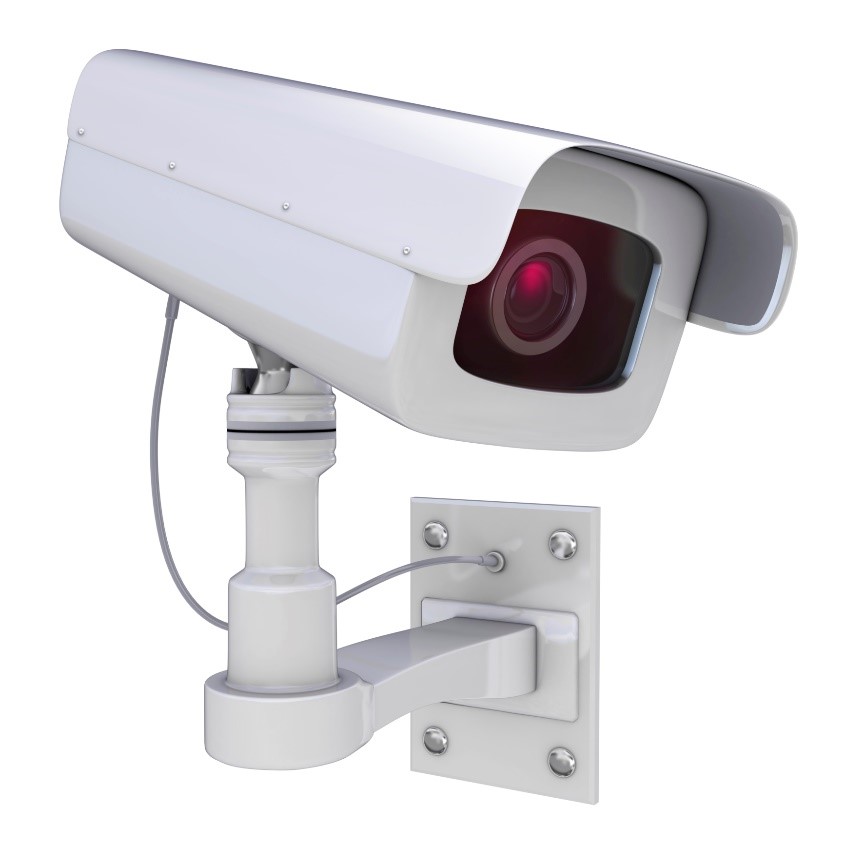Advances in technology and widespread availability of electronic components such as camera sensors have led to the introduction of very affordable video surveillance systems which are now within the reach of most small business owners and even homeowners. However, there is still significant differentiation in the market of video surveillance systems. Hence, it is necessary that you choose the appropriate system for your needs. Let us take a look at some of the important aspects that help differentiate a good quality video surveillance from a cheap one.
 Image quality
Image quality
This is the most straightforward and obvious distinction between different systems of different price range and quality. The higher quality systems produce and record higher quality systems which allow you to extract more information from the footage and is hence more useful. The most commonly known aspect of image quality is the resolution of the image or the video. This is measured in the number of pixels and expressed commonly in megapixels. The higher, the better. Another important aspect is whether or not the camera is able to capture an image of the specific location it is filming. Lit areas are not a problem, but dark areas can pose challenges. Better image sensors can produce usable surveillance images even with little light or illumination. Another aspect is the dynamic range. This is necessary if the scene being recorded has both bright and dark areas. High dynamic range makes sure that details from both areas are appropriately captured. A good quality footage is necessary if you want to make use of surveillance, since the poor video quality will make the footage useless and waste your investment.
Reliability
Another hallmark of quality security systems is very high reliability. Surveillance systems are not needed 99.9% of the time, but when something goes wrong at that one moment, you need the cameras to be working flawlessly. Hence, quality systems need to engineer rugged construction and robust electronics to make the cameras reliable. Another point of failure is the loss of stored data. A quality system will have various security checks in place to protect the stored data from being tampered. In addition, the data must also be stored on robust storage media and backed up to a remote location so that in case something goes wrong, the data can always be recovered.

